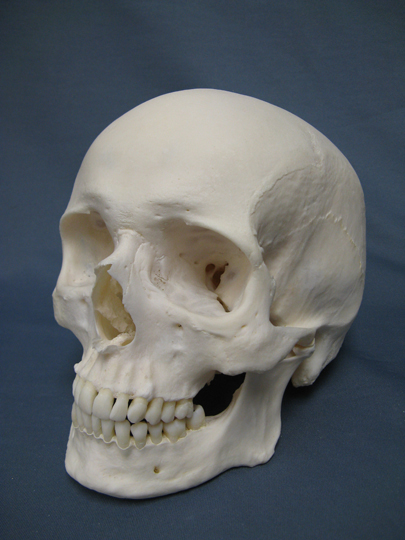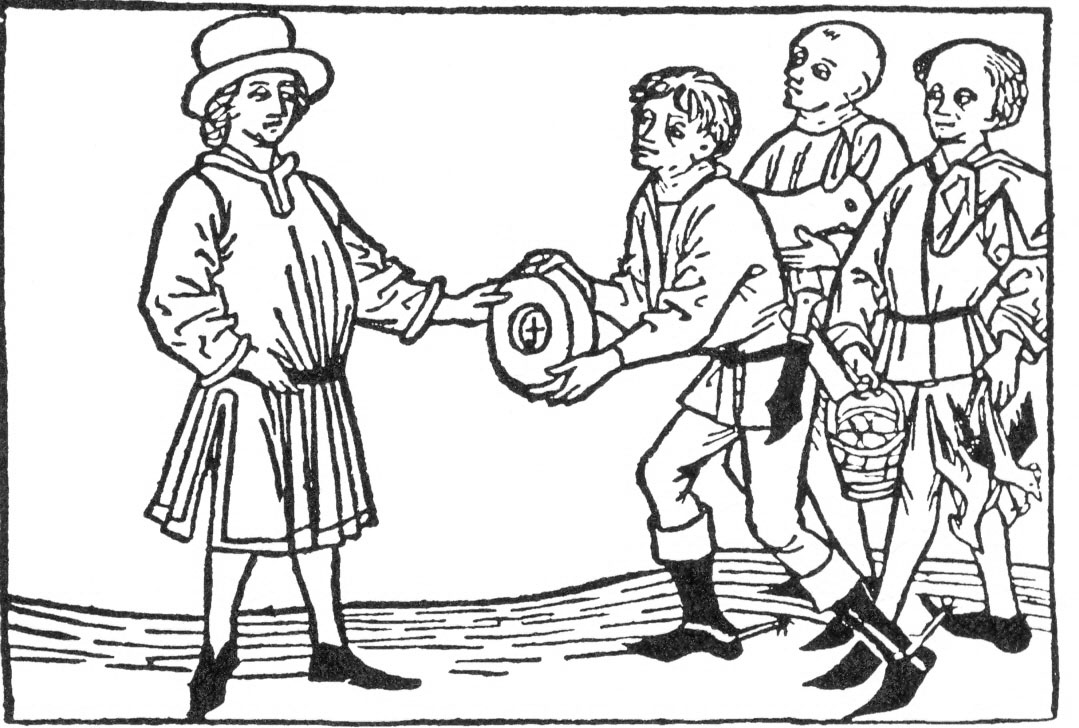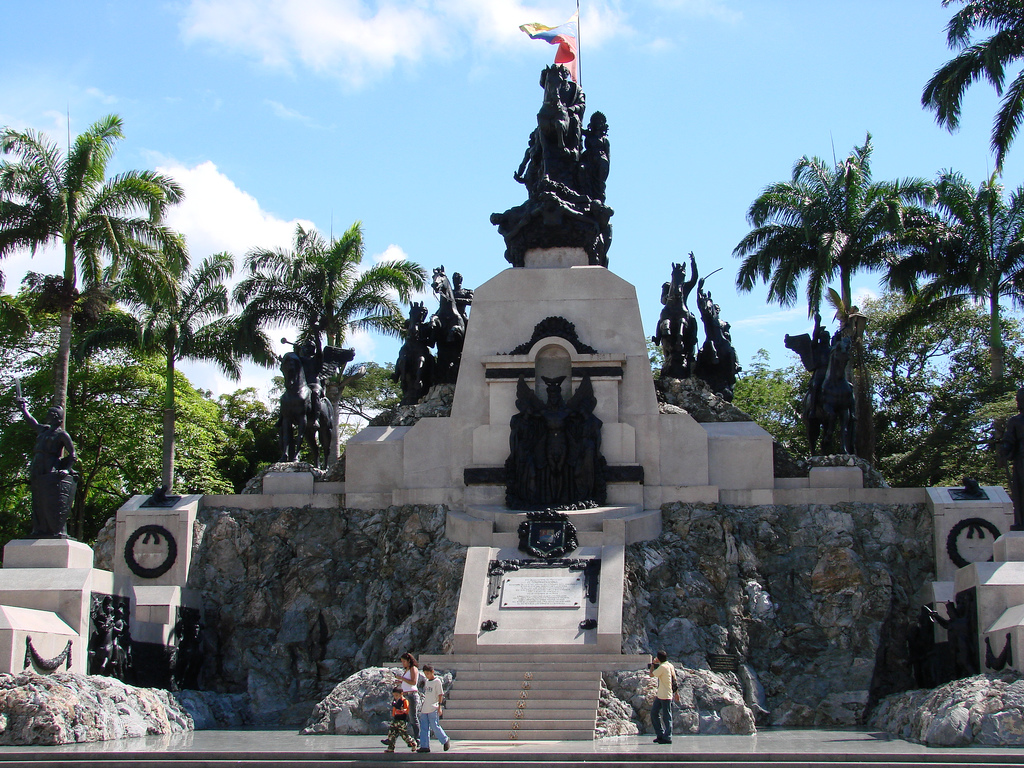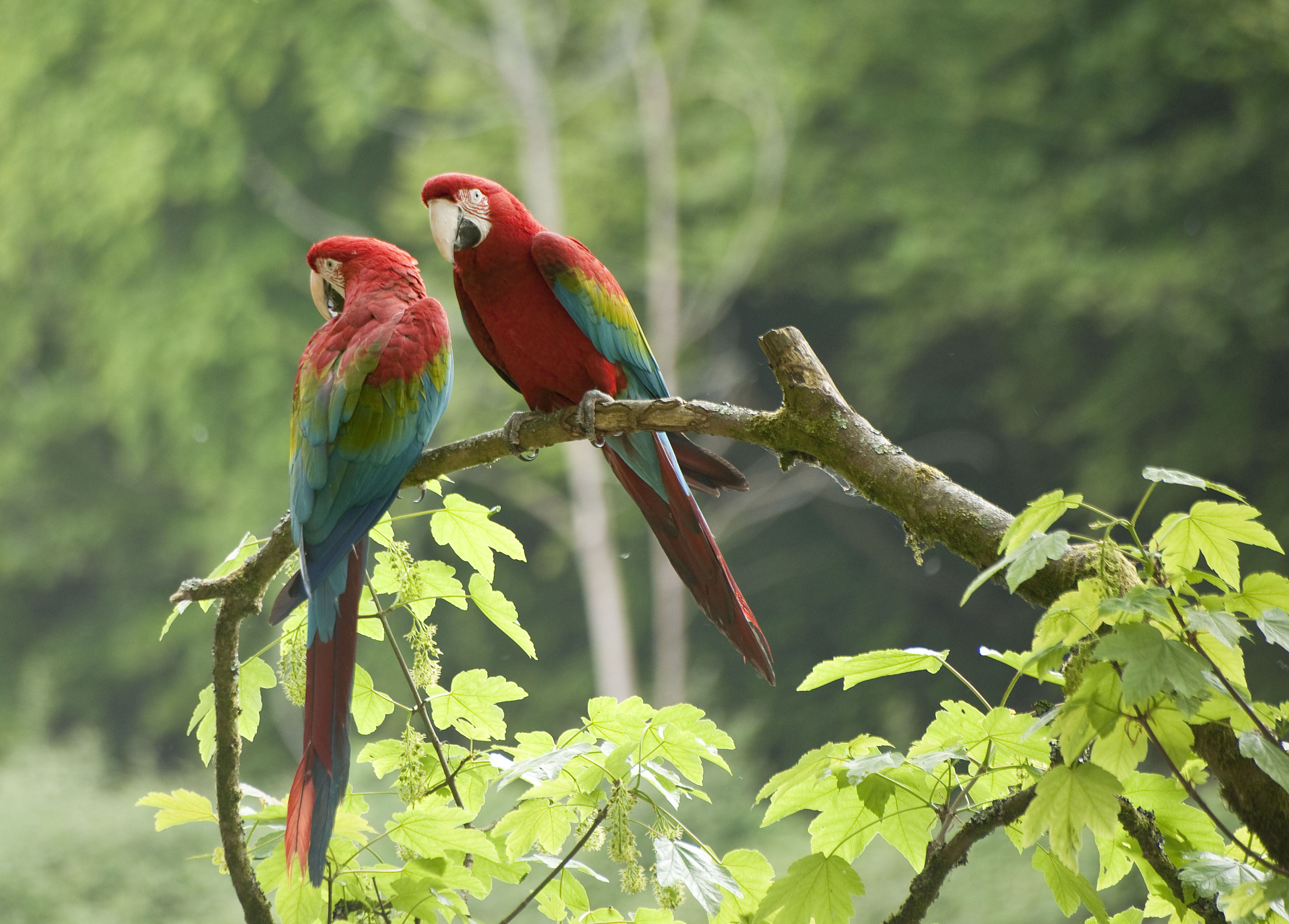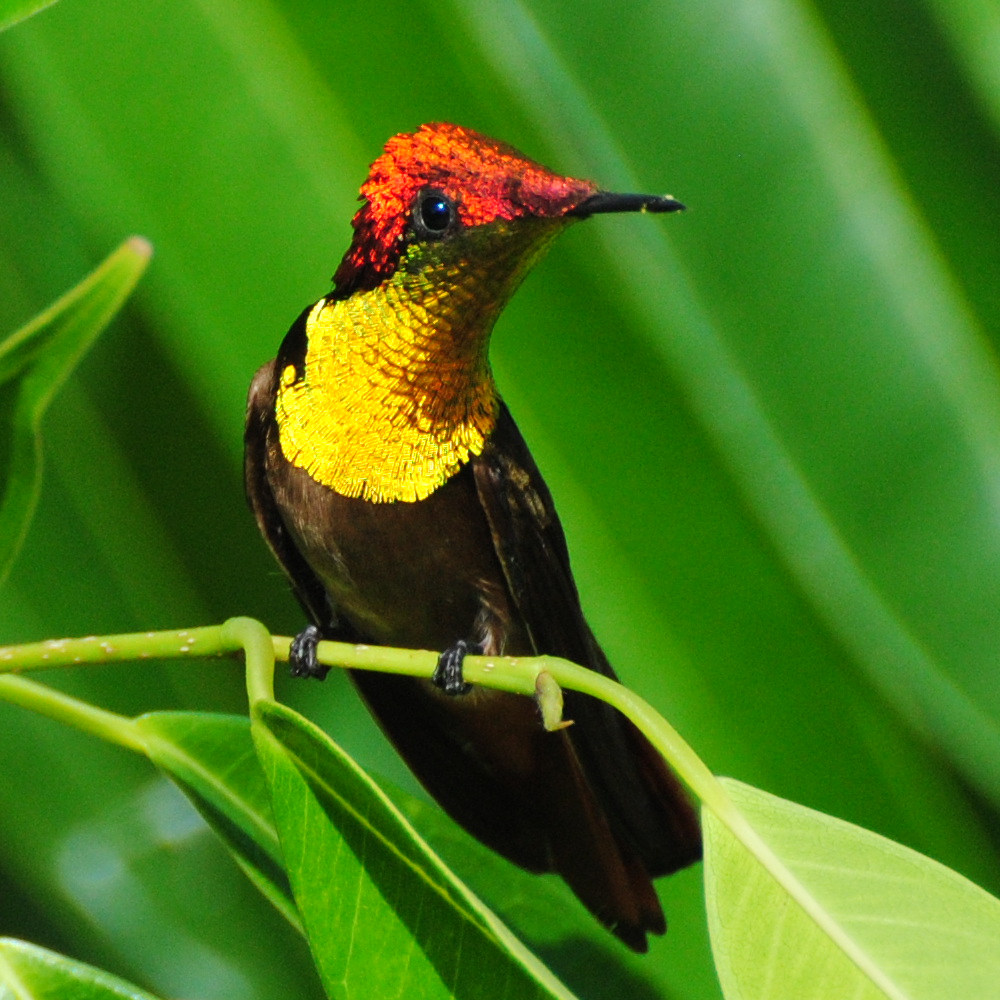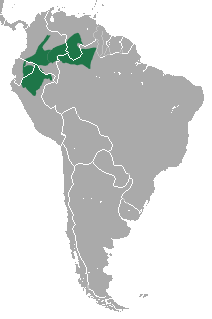I II III
Chávez as Ersatz for ideology
Yesterday Hugo Chávez declared himself the candidate of the ruling Socialist Unified Party of Venezuela (PSUV in Spanish) for the 2012 presidential elections. The former coup monger
declared:
Some may say: "well, Chávez, and why are you the candidate?" I am sure that if we had internal elections we would be wasting time. Why waste time?
Imagine Angela Merkel in Germany saying that.
What's the point? I'm the leader, I will be the candidate for CDU/CSU, let's not discuss it anymore.
You can be sure people would be shocked and she would lose a lot of support. The same would happen in Britain, in Spain, in the United States, in Chile, in just about any democratic country.
You have a different picture in Venezuela. Chavismo is not an ideology. It has no real programme but the perpetuation of the ruling elite around Chávez. It does use some methods from extreme left movements and above all images from those movements. It does employ some token septuagenarian figures from communist parties for some posts. Still: the government demands any state employee and any member of the PSUV party to be completely subservient and uncritical of Chávez. If you are opposition you can criticize Chávez as much as you want, whatever you say does not matter anyway and the state controls the main source of real income in a parasite oil exporting nation.
 |
| Chávez and big image of himself behind using public cultural facilities and state TV to promote himself |
Chavismo is still a mild autocracy where crude, outright violent repression is (usually) unconceivable. Still, personalism is bad. Even during Soviet Union times the words "Leninism" and "Stalinism" were only used after Lenin and Stalin had died or by critical groups outside the Soviet Union itself. In Venezuela Chávez himself uses the word Chavismo time after time and says there can be no Chavismo without Chávez. Anyone who has read about Lenin or even Trotsky extensively knows neither of these men were talking about "Leninism" or "Trotskism". And it is because at least they, with all their intolerance, did have an ideology and a project. In the Land of Grace, under the sunny skies and between coconuts and beer crates, only personality cult and passing images have a place.
In Venezuela you will hear ad nauseam the words "Chavismo" and "Bolivarianismo". The first one is about Chávez. The second term is supposed to refer to what our first big caudillo, Simón Bolívar, stood for. In reality no one, absolutely no one, has presented a reasonable and well-documented explanation of what from Bolívar's contradictory thoughts and actions are part of current
Bolivarianism. The reason is that Bolivarianism is just a passe-partout.
Chávez gave his speech during a party event at the state theatre centre Teresa Carreño. I doubt any opposition party would have access to such facilities. Those parties have already enormous trouble trying to organise a public event in most places, as Chavismo puts pressure on the organisations in control of those venues.
Chávez's speech was shown on the Venezuelan state TV, which, unlike cable TV, Globovision cable-limited air coverage and Internet, reaches every corner of Venezuela.
Caudillos on the other side
Meanwhile, old politicians from the opposition are declaring themselves pre-candidates for the Mesa de la Unidad. They do agree there should be an internal election. The first ones are the governor of Tachira region, Pérez Vivas, and Oswaldo Álvarez Paz. Both announced their intentions without vision and without passion. Neither Pérez nor Álvarez have the slightest chance. If you have an idea why they still presented their candidacies, let us know, please. Other precandidates will follow in the coming months.
Salas Feo, opposition governor of Carabobo and cousin of Naguanagua's municipality, will probably be supporting his dad, former governor Salas Römer, as a precandidate. The Salas-Feo feud have a party called Proyecto Venezuela, but it should be called Proyecto Salas-Feo family. They have no chance outside their state. Even in the state, their control is limited and their unwillingness to cooperate with other forces has proven fatal.
Because of their lack of cooperation, the opposition lost control of Valencia.
Primero Justicia is perhaps the one party where internal elections take place. Its possible pre-candidate for the MUD, Miranda governor Capriles, hasn't been in a rush to present his candidacy, but he will do it sooner or later. He is an interesting possibility. Unfortunately, his party has not known how to go beyond the highly urban areas of Northern-Central Venezuela. The fact most of PJ's leaders come from Caracas and went to the Faculty of Law of the Universidad Católica Andrés Bello does not help. Let's hope they find a way to get out of the cocoon. To that effect, they need to set up a team that is willing to visit strategic regions throughout Venezuela and not only in Caracas-Maracaibo-Valencia. They will have a particularly hard time in Bolívar: they were also unwilling to admit Andrés Velázquez was the most popular opposition candidate in Venezuela's largest state and so they produced their own candidate in the 2008 elections. Because of that the alternative parties probably lost Bolívar in the 2008 elections. Even if the
actual sum of the votes for their candidates did not reach those the PSUV candidate got, a cooperation would have led to more votes.
A thousand leaders, one worker
One key point in Venezuela is that everyone wants to become the leader but not do the hard work. This attitude has been largely funded by our colonial tradition of warlords and caciques, in a land where the few who came in contact with ideas for development and pluralism just used words and images to become the new warlords and caciques, the new jefes. It's time to break the mold.


